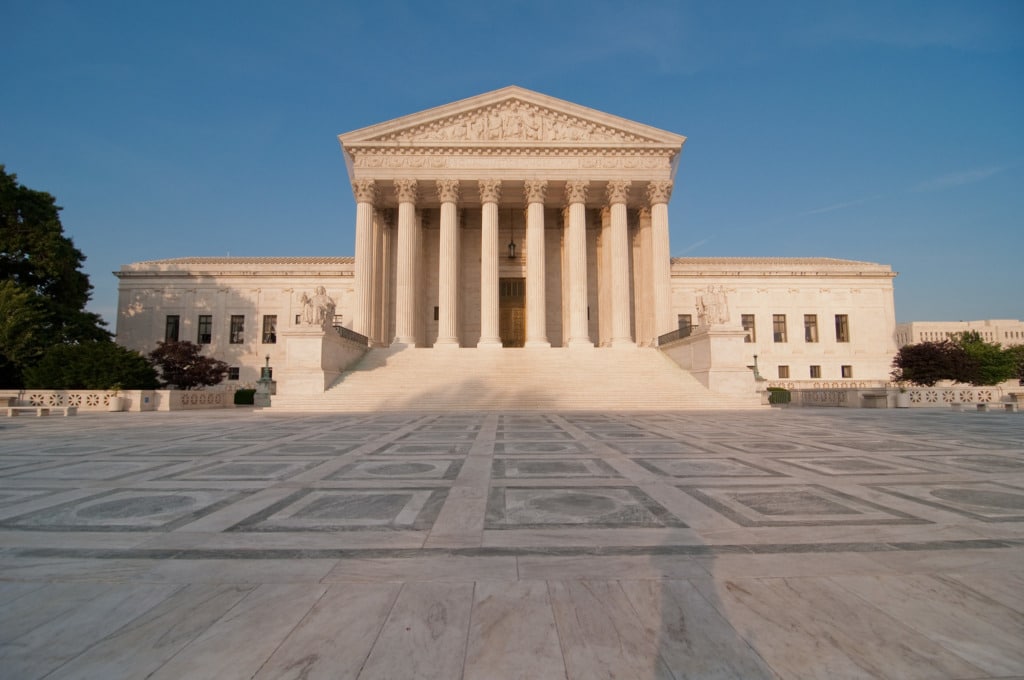The New State Capitalism and Foreign Sovereign Immunity
As governments play an increasingly aggressive and direct role in capitalist economic systems (the “new state capitalism”), the line between sovereign and commercial conduct may become more difficult to draw for the purposes of foreign sovereign immunity. For example, Switzerland acted in some ways like a private investment bank when it negotiated a 2023 deal…
Continue ReadingD.C. Circuit Allows Venezuela Expropriation Case to Proceed
On October 3, 2025, the D.C. Circuit issued its latest opinion in Helmerich & Payne International Drilling Co. v. Venezuela. Judge Gregory G. Katsas affirmed the district court’s rulings that the Foreign Sovereign Immunities Act’s (FSIA) expropriation exception allows the plaintiff’s claim, that the district court has personal jurisdiction, and that the act of state…
Continue ReadingCourt Rejects Trump Administration’s Immunity Statement in UNRWA Case
A federal court has rejected the Trump administration statement of interest regarding the immunity of the United Nations Relief and Works Agency (UNRWA). In the Estate of Tamar Kedem Simon Tov et al. v. United Nations Relief and Works Agency (UNRWA) et al. (SDNY), foreign nationals allege that UNRWA and individual defendants knowingly aided and…
Continue ReadingSDNY Grants Anti-Suit Injunction Against TV Azteca
For the past several years, parallel litigation has been ongoing in Mexico and the United States between the Mexican media conglomerate TV Azteca, S.A.B. de C.V. and The Bank of New York Mellon (BNY), the Indenture Trustee for a series of TV Azteca’s unsecured notes. Two weeks ago, Judge Paul G. Gardephe (SDNY) granted BNY’s…
Continue ReadingLimits on Damages for Breach of a Forum Selection Clause
Tanya Monestier and I recently posted a draft of a new paper, Limits on Damages for Breach of a Forum Selection Clause, that discusses an important issue at the intersection of contract law and conflict of laws—when it is appropriate to award damages for breach of an exclusive forum selection clause. We build on Tanya’s…
Continue ReadingTransnational Litigation at the Supreme Court, October Term 2025
Today is the first day of the Supreme Court’s October Term. This post briefly discusses transnational litigation cases in which the Court has already granted cert, as well as others that are in the pipeline and could be decided this Term. Cases in which the Court Has Granted Cert So far, the Supreme Court has…
Continue ReadingFlorida Judge Sets Aside Historic Helms-Burton Verdict
More big news in the hot new topic in transnational litigation: the Helms-Burton Act. A Florida district court has set aside the historic $120 million jury verdict awarded to a Cuban-American plaintiff against hotel booking services. The judge held that the plaintiffs offered insufficient evidence that the defendants had “knowingly” “traffic[ked]” in confiscated property. Background…
Continue ReadingDOJ Takes Broad View of Foreign Affairs Preemption in Pipeline Case
The Trump Administration has made so many broad assertions of executive power this year that it can be hard to keep track. One such assertion that has not made headlines is found in a statement of interest filed on September 12, 2025, in Enbridge Energy v. Whitmer. At issue is Michigan Governor Gretchen Whitmer’s 2020…
Continue ReadingThe Billion-Dollar Determination of Foreign Law Question
The ongoing litigation in New York relating to the validity of certain notes issued by Venezuela’s state-owned oil company has received extensive coverage here at TLB. In 2022, I explained that the case presented a billion-dollar choice-of-law question. That choice-of-law question was answered in 2024 when the New York Court of Appeals held the validity…
Continue ReadingMaximum Comity: Recognition of Foreign Proceedings Under the Bankruptcy Code
Chapter 15 of the U.S. Bankruptcy Code governs cross-border insolvency proceedings. It establishes a comity-based framework within which U.S. courts may recognize certain foreign insolvency proceedings and enforce orders issued in those proceedings. Like other U.S. law on the recognition of foreign proceedings, it includes a public policy exception. This post provides a brief overview…
Continue Reading






